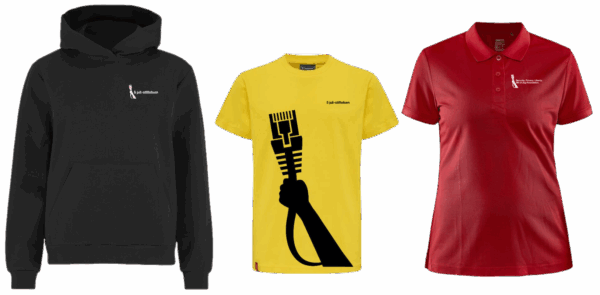The U.S. government regularly seizes laptops, smart phones, tablets, when people enter the country. They don’t have to suspect a crime. Copying the information on electronic devices and look into people’s whole lives are seen as equivalent to opening a suitcase and go through some clothing. This “border search” happens both to American citizens and visitors. We have seen it used against dissidents and critics. Jacob Appelbaum is a well-known case.
On New Year’s Eve, December 31, 2013, this principle was upheld once again in court. ACLU, American Civil Liberties Union, tried to challenge the doctrine but the court did not agree.
Here is a report about the case when it was filed some years ago, less than two minutes of informative video.
The “border” has been interpreted to stretch 100 miles into the country from the borders, making up a “constitution free zone” according to some interpretations.
EFF, Electronic Frontier Foundation, has even published Defending Privacy at the U.S. Border: A Guide for Travelers Carrying Digital Devices.
One of their advice is to simple not carry the most sensitive data on a laptop into the U.S. It may be financial records, business negotiations, very personal items, whatever. If one needs this data, EFF recommends leaving it at home and download it in secure manners once inside the U.S.. One could e.g. use a VPN tunnel out from the U.S., transporting the information in an encrypted way “under the border”. OpenVPN should be safe, even if NSA is more competent than previously thought.

